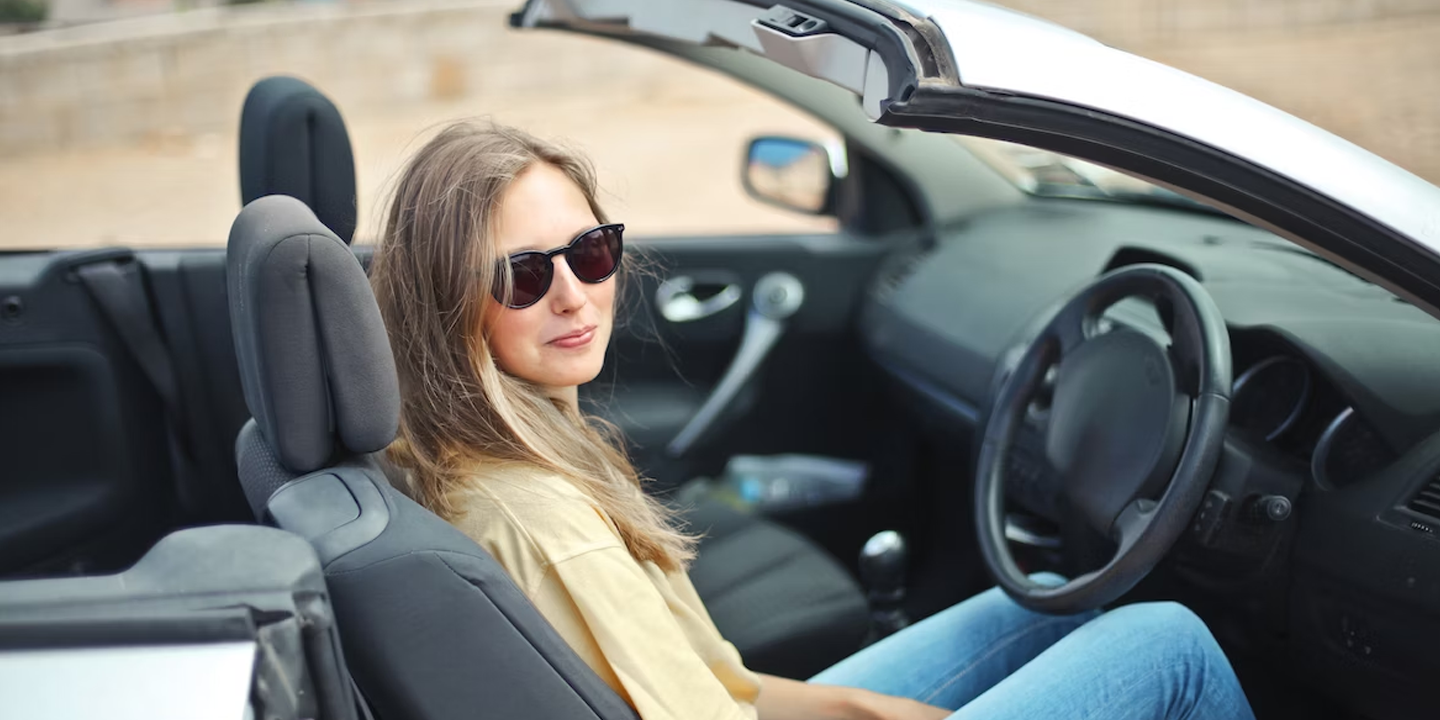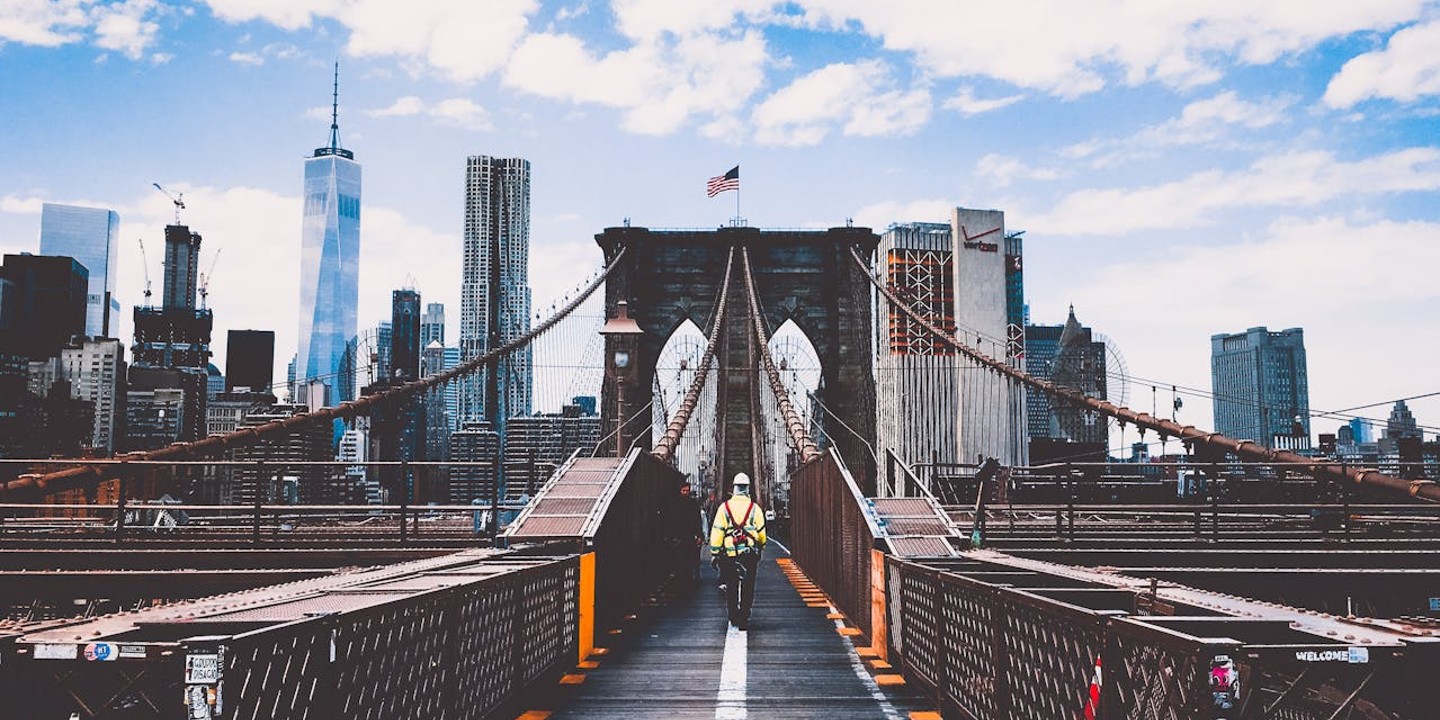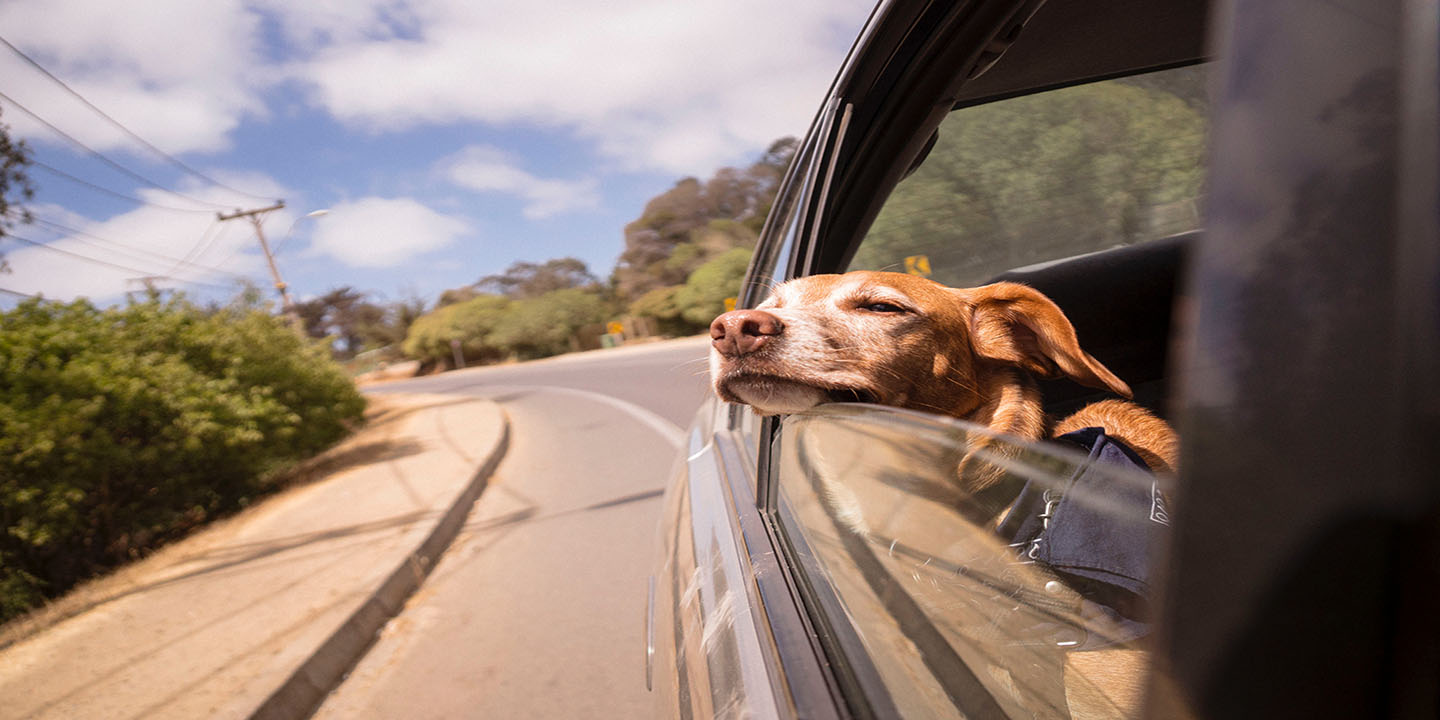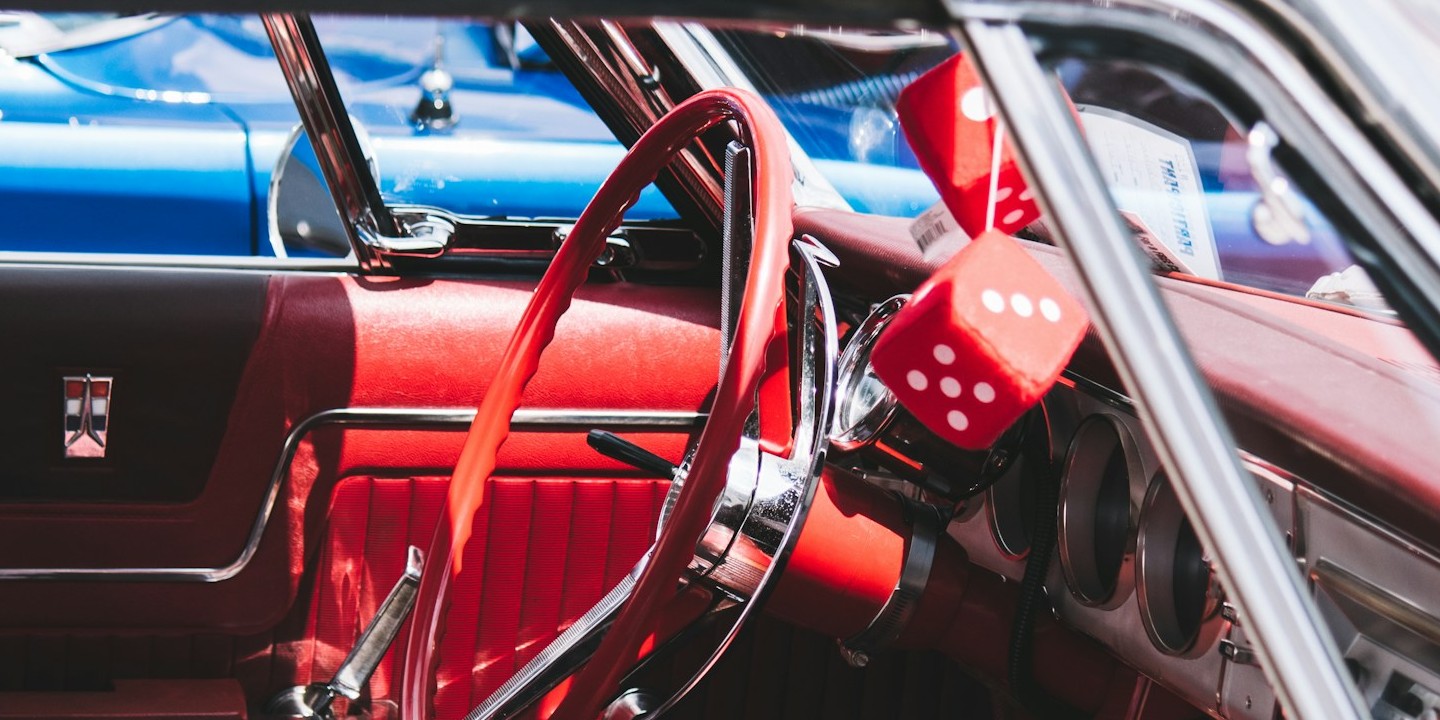Built To Rust Or Resist
Cars age in more ways than one, and rust is the silent enemy that can ruin a vehicle’s structure and appearance. While some models start corroding quickly, others resist corrosion for years, even without special care. Design, materials, and local conditions all influence how fast rust sets in. Curious which cars are most vulnerable and which stay pristine? The article kicks off with the vehicles that rust the fastest.
1. Chevrolet Vega (1970s)
GM's penny-pinching decision to omit fender liners proved catastrophic. The Vega developed rust spots even on dealership lots, and within two years, corrosion was widespread. Additionally, its engine problems created hazardous backfire and overheating issues.
2. Mazda3 (Pre-2010)
Salt-heavy regions exposed the pre-2010 Mazda3's serious corrosion vulnerabilities, particularly in wheel arches and underbody areas. As a result, a thriving aftermarket emerged as owners sought DIY rustproofing solutions. Despite these challenges, the model maintained strong global sales throughout production.
3. Dodge Ram 1500 (2006)
Poor corrosion protection made the 2006 Ram 1500's frame and wheel wells rust magnets. Though it ranked among the most popular full-size trucks that year, many owners faced structural issues within just a few years. Some even turned to bedliner spray on the undercarriage as a defensive measure.
4. Hyundai Accent (2000s)
The 2000s Hyundai Accent revealed a hidden flaw for owners. Corrosion spread across wheel wells and the undercarriage, worsening in salty or humid climates. Enthusiasts occasionally turned to makeshift fixes, such as coating minor rust with nail polish to slow damage.
5. Subaru Forester (2000s)
Salt-covered winter roads spell trouble for 2000s Subaru Foresters, with rear wheel arches and subframes often showing the worst damage. The model's success in cold regions actually increased these rust problems. Still, dedicated owners share detailed repair and prevention techniques for new owners.
6. Nissan Pathfinder (1996–2004)
Nissan faced a crisis when frame rust compromised the 1996–2004 Pathfinder's structural integrity. The steering columns started detaching from frames, prompting one of North America's largest SUV recalls. This led to the manufacturer actually having to buy back numerous vehicles after deeming them unsafe for operation.
7. Tata Indigo (2002–2016)
Coastal regions spell trouble for the Tata Indigo, with rust appearing just years after purchase. This middle-class sedan, one of Tata's first, shows particular weakness in door frames and underbody areas. Some owners esorted to an unusual fix: applying coconut oil to fight the spreading corrosion.
 Rutger van der Maar on Wikimedia
Rutger van der Maar on Wikimedia
8. Kia Sportage (First Gen)
Severe corrosion in wheel arches and rocker panels characterized the first-generation Sportage. As one of Kia's earliest SUVs in global markets, its reputation suffered when owners discovered rust forming within years of purchase. In extreme cases, the deterioration created holes in body panels.
9. Mitsubishi Lancer (2000s)
Despite its popularity in motorsport circles, the 2000s Mitsubishi Lancer harbored a significant weakness. The combination of road salt exposure and inadequate drainage led to severe rusting, particularly in the underbody. As a result, many owners applied protective undercoating sprays.
 Jeremy from Sydney, Australia on Wikimedia
Jeremy from Sydney, Australia on Wikimedia
10. Toyota Tacoma (1995–2004)
The 1995–2004 Toyota Tacoma suffered extensive frame rust problems, prompting a large-scale recall. The issue’s seriousness led Toyota to offer buybacks and implement significant changes to its manufacturing processes to prevent similar corrosion issues in future models.
Now that we’ve seen which vehicles surrender to rust early, let’s shift to those that defy it completely.
1. Toyota Camry (2011+)
Decades of global sales success stem from the Toyota Camry's proven track record. The exceptionally quiet and comfortable ride draws drivers in, while high-quality paint and underbody protection maintain its appearance. Plus, its well-known durability keeps the car looking fresh through years of service.
2. Audi A3 (Post-2010)
The fully galvanized steel and aluminum components make the post-2010 Audi A3 exceptionally durable. Beyond its rust resistance, the vehicle showcases advanced corrosion protection and superior paint quality. Buyers could also choose between Sportback and sedan styles until the Cabriolet's discontinuation in 2020.
3. Skoda Octavia (2020+)
The latest-generation Skoda Octavia combines sharp European styling with rust protection. Built on the MQB Evo platform, it features galvanized steel panels and advanced seam sealing that reduce corrosion risk in both urban and coastal environments. Owners praise its long-lasting paint finish, which minimizes moisture retention.
4. Honda Civic (10th Gen)
The 10th-generation Honda Civic, launched in 2015, marked a major leap in design and durability. Its sleek fastback profile came with improved rustproofing, especially around the underbody and wheel arches. Honda applied advanced sealants and drainage improvements that helped reduce corrosion in high-moisture regions.
5. BMW 3-Series (F30)
Protective underbody treatments and superior paint shield the F30 3-Series from wear. Built between 2011 and 2019, this model pioneered hybrid technology in the lineup. Improved wheel arch liners and underbody treatments offer strong protection, with minimal rust reports over time.
6. Volvo S40 (2nd Gen)
Proper care keeps the S40's appearance pristine, supported by Volvo's protective measures against corrosion. The sedan format proved so successful that it spawned the V40 and V50 wagon variants. Even in harsh climates, the S40’s corrosion protection holds up well.
7. Mercedes-Benz A-Class (W177)
Superior paint quality and advanced sealing methods distinguish the W177 A-Class. This fourth-generation Mercedes launched in 2018 with the innovative MBUX infotainment system. The rust-resistant treatments protect key areas, and regular maintenance enhances longevity in extreme conditions.
8. Porsche 911 (991 Gen)
The 991-generation Porsche 911 introduced the first all-new platform since 1999, featuring a longer wheelbase and improved weight distribution. Its aluminum-rich construction resists corrosion far better than traditional steel-bodied sports cars. With minimal upkeep, the 911 maintains its gleaming finish for years.
 Alexandre Prévot from Nancy, France on Wikimedia
Alexandre Prévot from Nancy, France on Wikimedia
9. Kia Forte (2020+)
The turbocharged GT version adds excitement to the 2020+ Forte range. This sedan, marketed as Cerato in various regions, maintains its appearance through modern manufacturing. Though basic paint protection matches rivals, dealer-applied packages plus anti-perforation coverage ensure lasting quality.
10. Lexus LS (Post-2018)
The post-2018 Lexus LS stands as proof of automotive excellence. Advanced rust protection and high-quality paintwork ensure lasting beauty, while meticulous manufacturing standards maintain its pristine appearance. Beyond that, this flagship model, which debuted in 1989, offers an exclusive Kiriko glass interior trim option.

























